- en
- nl
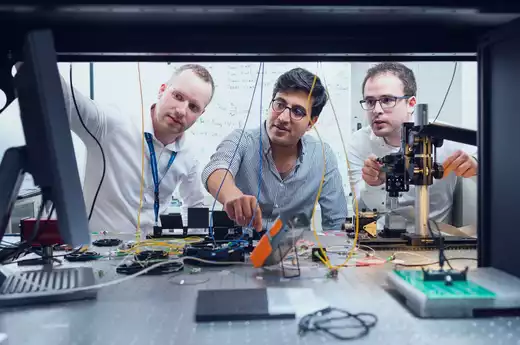
Innovation in ICT & electronics propels the world forward. Our pioneering technologies are reshaping the way we communicate, work, and live, ushering in a promising future full of possibilities.
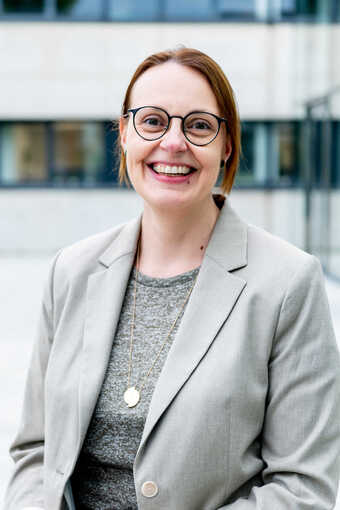
At the Digital Future Lab (DFL) of Hasselt University, we focus on advancing human-centered digital technology to shape a better digital society. Our mission is to achieve breakthrough research results that directly impact people, industries, and communities.

IDLab is a research group of the University of Antwerp and imec, targeting the most daunting challenges industry is facing to deliver digital transformation, connecting everything and extracting high value from data.

NEXOR is an IOF consortium that takes up industrial product and production design challenges for high tech systems, so called cyber-physical systems.
Within Nexor, we respond to the Industrial Revolution 4.0 and design smart, customized, lot-size-1, adaptive and sustainable solutions. We collaborate directly with industrial partners and via the establishment of spin-offs.
In recent years, Nexor has been actively developing diversity of technologies and may boast of a small portfolio of active patents. In addition to our work on Industry 4.0 solutions, , our investigators have worked on specific technologies in response to Covid-19 pandemic.

The AI Lab GEAR is a consortium of 3 VUB research groups, which combine their complementary expertise in AI. With expertise in computer science, economics, linguistics, physics, psychology, philosphy and mathematics, the consortium stands as one of the few truly interdisciplinary AI labs in Europe. The lab is globally recognized for groundbreaking research on Reinforcement Learning and Multi-Agent Systems, Computational Creativity and the continued work on Agent-based Language Models.

As key industrial research pole - creator of seven spin-off companies - and group of excellence in Fundamental Research, ETRO is a reliable partner for local and international industry, public services and hospitals. The multidisciplinary research group of more than 120 people gets inspired by unexplored engineering bottlenecks at the interface of various application domains: health care, automotive, media, surveillance, security, public safety, remote sensing, energy, telecommunications, creative industries etc. Creating an impact on the transformation processes of the knowledge society is their ambition.

At the Digital Future Lab (DFL) of Hasselt University, we focus on advancing human-centered digital technology to shape a better digital society. Our mission is to achieve breakthrough research results that directly impact people, industries, and communities.
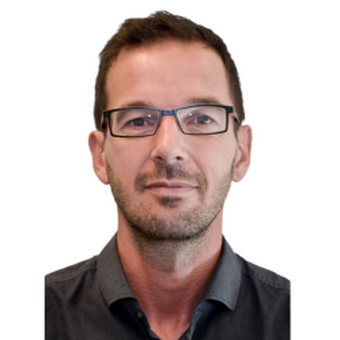
Through MICAS's research, they define and answer fundamental challenges in the field of chip design and generate breakthroughs that enable new solutions based on microelectronics, both in academia and in industry.
MICAS is unique in the broad range of research activities it focuses on, spanning from conceptual blue-sky research, over applied research, up to partner specific industrial research. In each phase of this pipeline, the research goes through all steps in the design cycle: from system-level conceptualization and architecting, over chip and sensor design and implementation, to fabrication, packaging and characterization.
In this way, the initial idea spirals upward until it reaches its final goal: creating impact, both at the academic and at the socio-economical level.
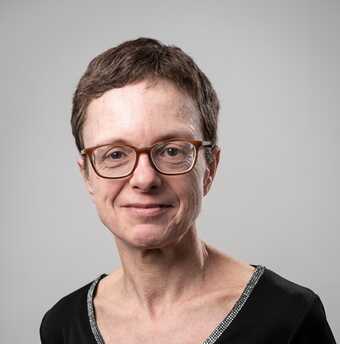
The mission of the LICT Centre is to coordinate and promote top-level research on the design and application of ICT (Information and Communication Technology) systems, both hardware and software, to address societal and industrial needs, to make human life more comfortable and more secure, to improve our health and to conserve energy and the environment.
The different research lines come together in cross-technology themes like “Green ICT”, “Big Data” and “Internet of Things” and ultimately find their application in domains like "Health and Wellbeing", “Smart X”, “Communications”, “Media”, "Learning" and “Transport & Logistics”.
The multidisciplinary expertise can be applied in (industrial) research projects, either bilateral and/or in a Flemish or European funding framework.

At DistriNet we conduct world-class research in the domains of secure software, distributed software and software engineering. Our researchers cover a wide range of topics, often applied to real-life themes such as smart cities, e-health, finance, logistics, telecommunications and industry 4.0.
Our research results are published in the field's top venues. We have a strong track record of setting up partnerships with industry, government and public services, to ensure our research outcomes have practical and real-world impact.
Together with CiTiP and COSIC, DistriNet forms an internationally recognized coalition on security and privacy research.

DTAI researchers work on a wide variety of research topics:

e-poly - center for advanced polymer-based microsystems and applications focusses on the commercialization of the microsystem research at Ghent University. Microsystems are small, complex often autonomous (opto-)electronic systems of which the smallest controlled features are on a micron- or even nanoscale. E-poly brings together a number of complementary technology groups on the one hand, and on the other a number of application-oriented groups which are within Ghent University at the forefront of exploring the capabilities of microsystem innovations. E-poly is in that sense a vertically integrated business unit which fosters multi-disciplinary and also translational research: new technology concepts can be defined together with, and tested early on by the application partners. In that way e-poly ensures that generic technology research is directed towards highly relevant possible applications.
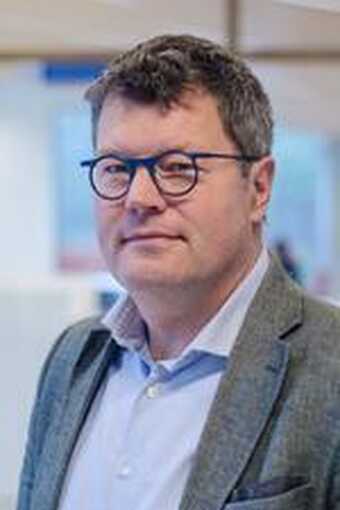
The research of INDATA - Internet & Data Lab, focuses on Internet technologies and data science: communication systems, high-speed and low-power networks, distributed computing and multimedia processing, machine learning, artificial intelligence and web semantics. We represent 400 researchers working in key expertise domains ranging from IOT, machine learning and data mining, semantic intelligence, multimedia processing to high-speed optical transceiver design, electromagnetics, antenna design, wireless networking and cloud & big data infrastructures. We apply our research in various domains: manufacturing (industry 4.0), home & buildings, health & wellbeing, media, cities, mobility & logistics, energy, bio-informatics, telecommunications & datacom, cloud technologies.

i4S Smart Solutions for Secure Societies is a multidisciplinary economic valorization consortium that brings together the AUGent expertise from alpha, beta and gamma disciplines around crime, security and technology, digitization and privacy respectively. The consortium unites researchers from six faculties and eight departments in UGent and two university colleges in their pursuit of "smart solutions for secure societies" and represents 18 research groups, institutes and consortia with a total of more than 100 researchers. i4S was formed in response to and in anticipation of a vast and rapidly growing crime and security market in which technology and digitalization both pose major challenges and offer innovative solutions.
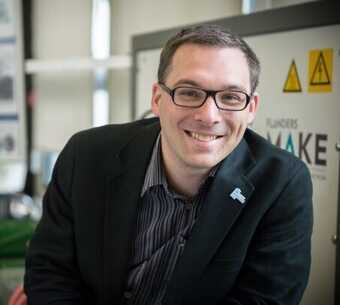
Machineries & Factories (M&F) is active in the field of smart motion products such as robotics, on- & off road vehicles, industrial equipment and drivetrains for (renewable) energy systems; and smart production systems such as (flexible assembly lines, batch and continuous processes. Leveraging our in-depth knowledge on electromechanical systems and industrial systems engineering as well as business economics, we embrace the industry 4.0 context driven by digitalisation and digital twin technology.
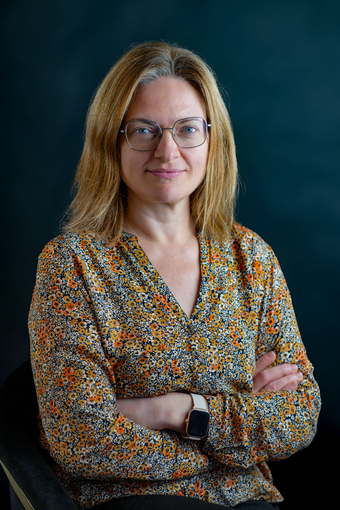
i-KNOW - Innovation Center for Intelligent Information Processing is a dynamic IOF valorization consortium at Ghent University and pioneers innovation in data processing and interpretation. Our multidisciplinary team leads in data-related technology, encompassing expertise in computing systems, big data management, intelligent data analysis, fusion algorithms, machine learning, and artificial intelligence. We focus on cutting-edge applications in autonomous systems, such as flying and underwater drones, and smart, sustainable mobility solutions. Beyond R&D collaboration, we actively forge strategic partnerships with industry, policy, and government to ensure our research translates into practical real-world impact.
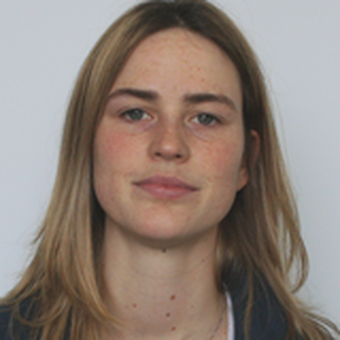
NB-photonics - Center for Nano- and Biophotonics is the one-stop shop for photonics technology at Ghent University. We provide services to academia and industry, provide training and engage in multidisciplinary collaborations. Our society is faced with important challenges such as qualitative and affordable healthcare, clean and renewable energy, and efficient ICT. Key Enabling Technologies (KETs) within photonics, nanotechnology, and biotechnology have the potential to help provide solutions. The intricate nature of the challenges at hand necessitates a multidisciplinary approach. NB-Photonics solves such challenges and provides training through our members’ expertise and their facilities in combination with academic and industry collaborating partners.

The research of INDATA - Internet & Data Lab, focuses on Internet technologies and data science: communication systems, high-speed and low-power networks, distributed computing and multimedia processing, machine learning, artificial intelligence and web semantics. We represent 400 researchers working in key expertise domains ranging from IOT, machine learning and data mining, semantic intelligence, multimedia processing to high-speed optical transceiver design, electromagnetics, antenna design, wireless networking and cloud & big data infrastructures. We apply our research in various domains: manufacturing (industry 4.0), home & buildings, health & wellbeing, media, cities, mobility & logistics, energy, bio-informatics, telecommunications & datacom, cloud technologies.